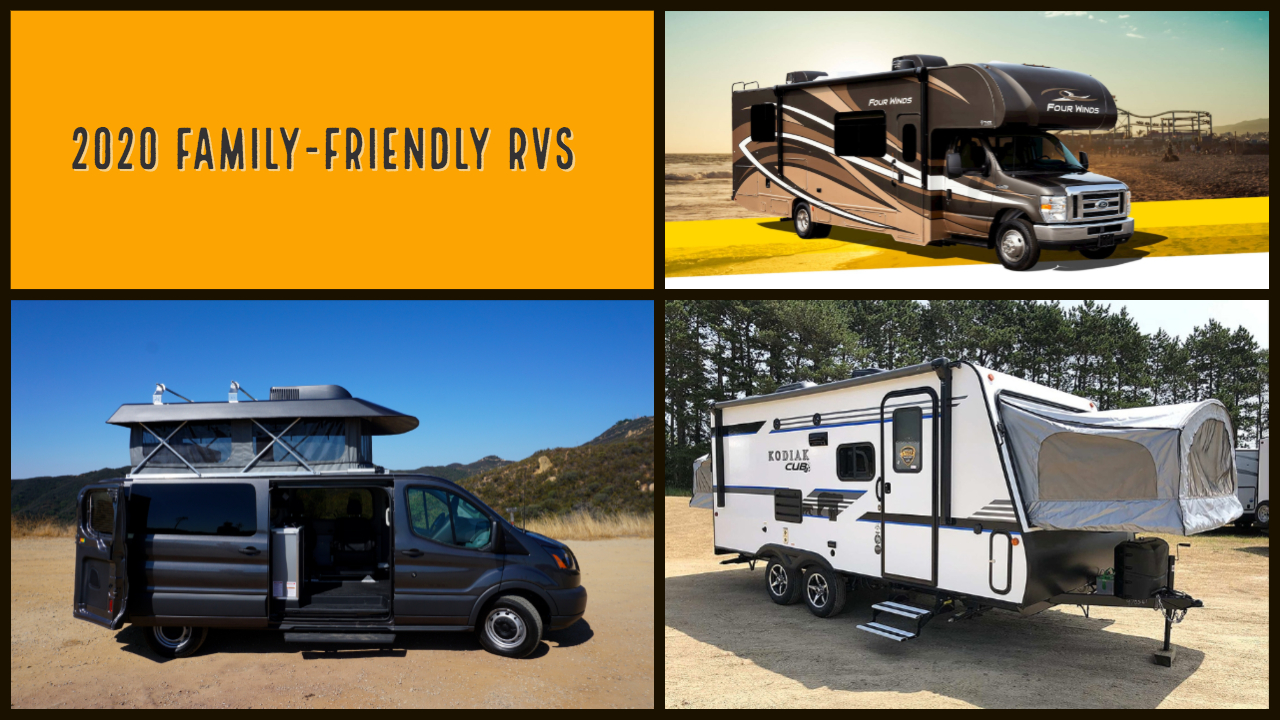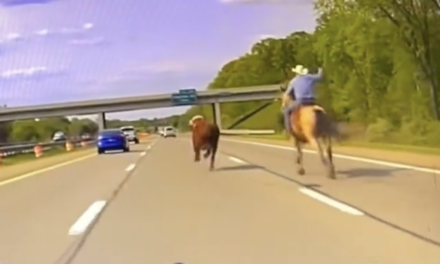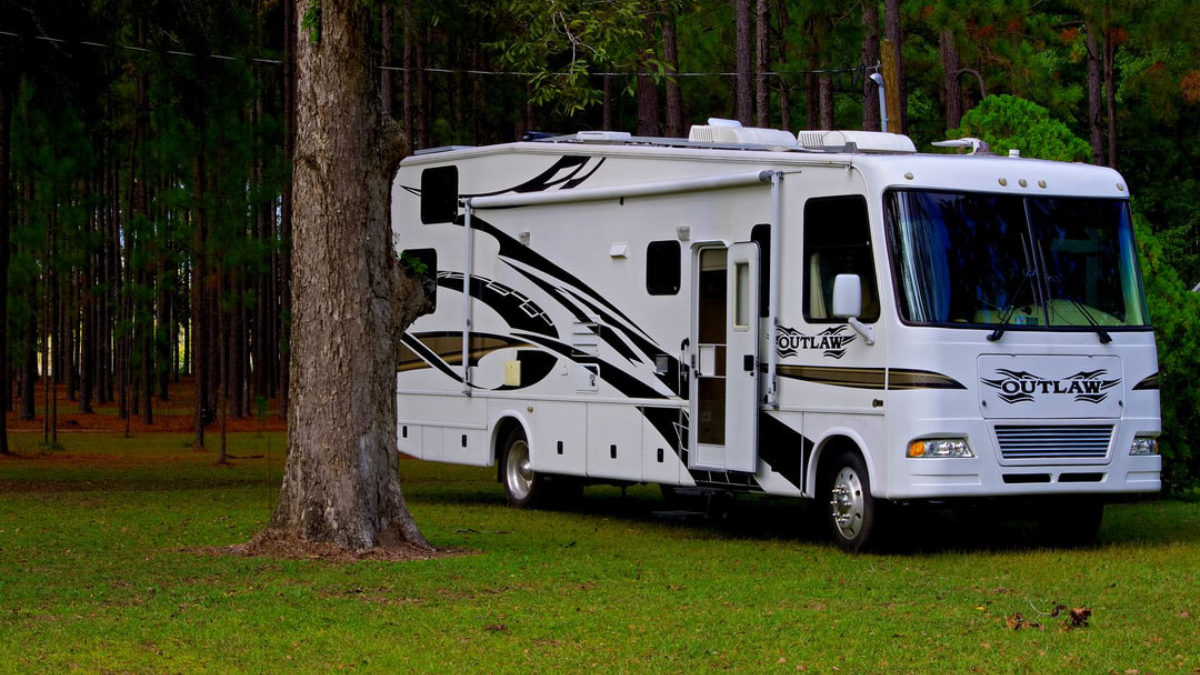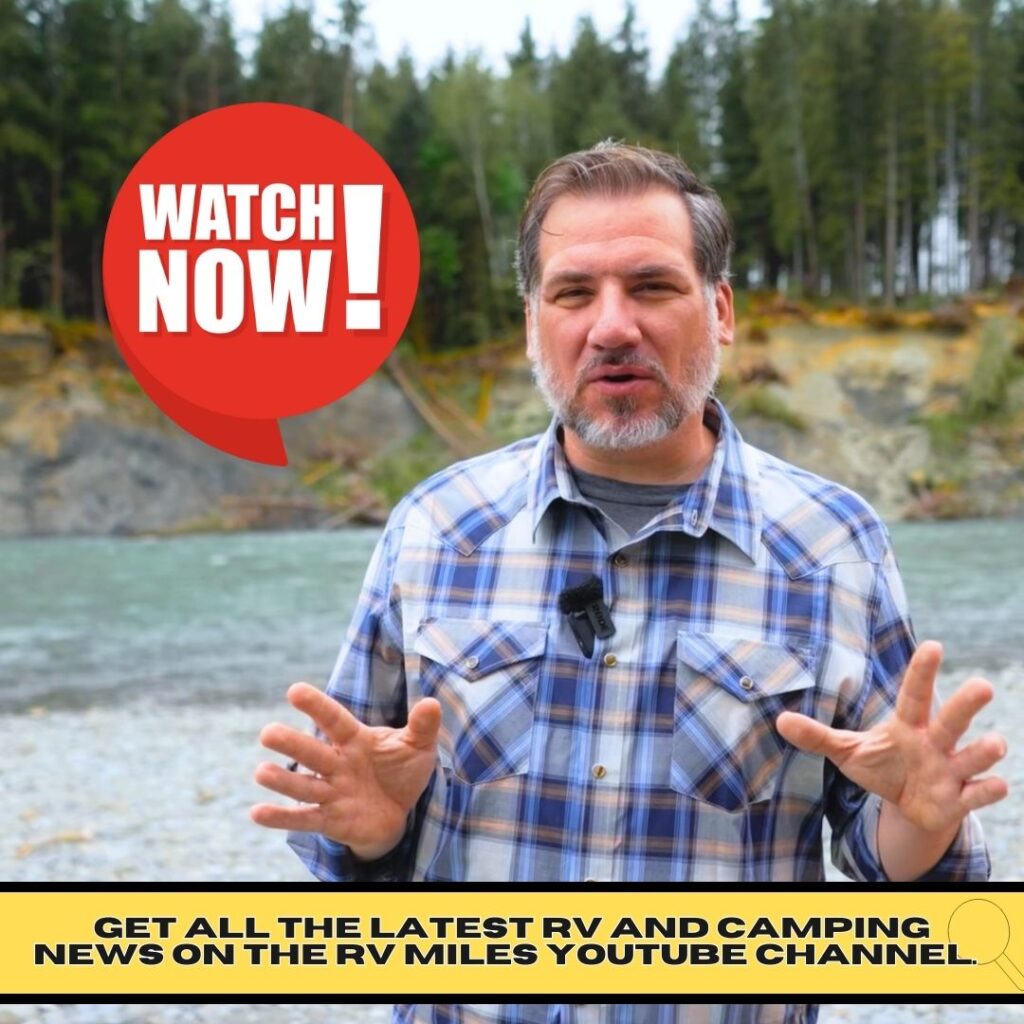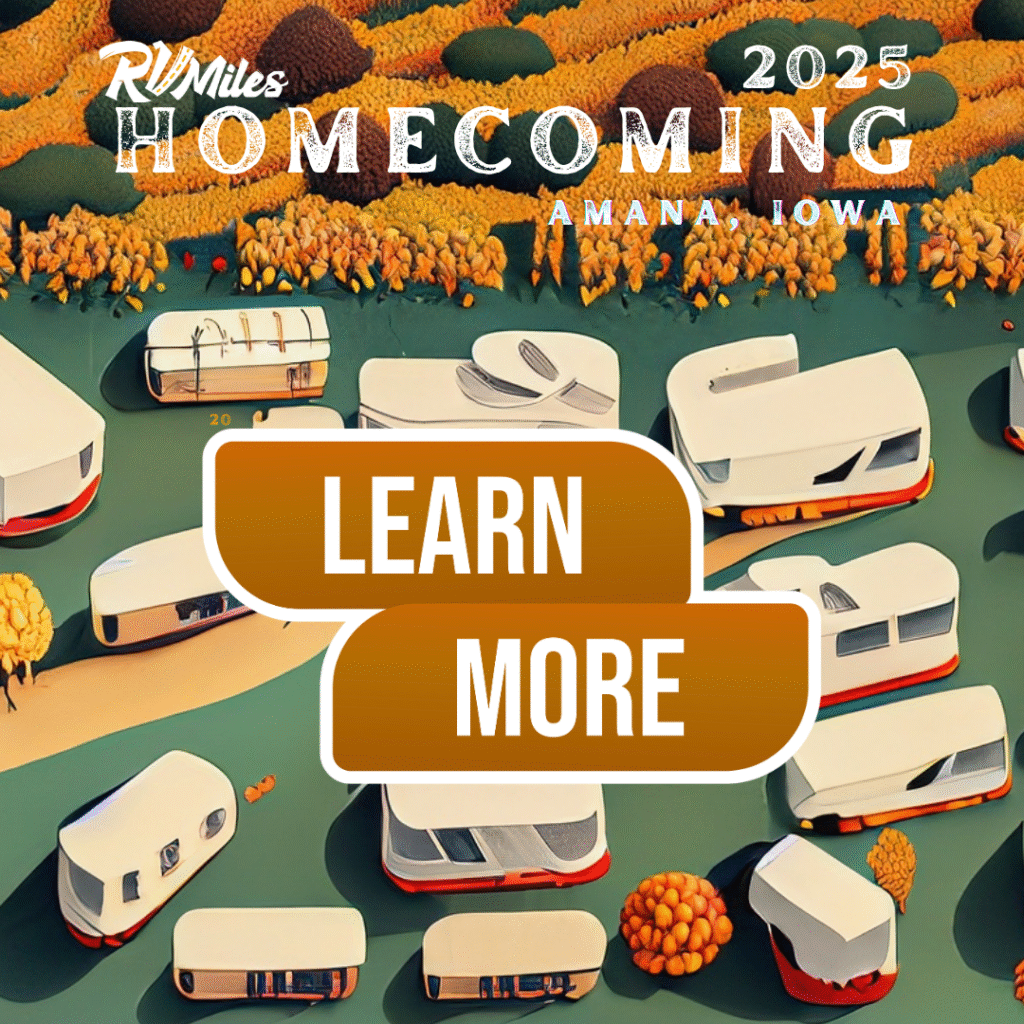Photo: South Bend / Elkhart North KOA | Jeff Dow, Courtesy of KOA
More North Americans are clearly camping each year, but how many more? According to a study from the largest campground chain Kampgrounds of America (KOA), more than 7.2 million new households in the U.S. have started camping over the past five years. That’s about 6 percent, bringing the total number of camping households in the U.S. to a new high of 78.8 million. To put it another way, a whopping 62% of households say they are at least sporadic campers. North Americans are also camping more frequently than ever before, with 72% growth among those who camp three or more times each year – the most avid group of campers – since 2014.
Of the 1.4 million households that started camping in 2018 alone, 56% are Millennials and 51% are from non-white groups. Millennials currently make up the largest segment of campers at 41%, up 7 percentage points since 2014, and Gen Xers make up 36%, up 9 percentage points.
Since the ethnic mix of campers was first measured by KOA in 2012, the percentage of non-white camping households has increased from 12 percent to 29 percent. What’s more, for the first time since measurement of new campers began in 2014, the percentage of new non-white campers (51%) in 2018 outpaced the percentage of new Caucasian campers (49%).
Fifty-four percent of Millennials are now camping with kids and when asked what was the key trigger that got them to camp more, the majority said having kids. Millennials with children in the household are an avid group of campers: 63% camp more than seven nights per year, and two-thirds plan to camp more in 2019. This group took the most camping trips and spent the most nights camping in 2018, and are substantially more likely to camp more often in 2019. Close to half of all campers say they are interested in a glamping or van life experience, a rate that has doubled since last year.
“Since we started measuring the North American camping market five years ago, we’ve seen increasing diversification of age, life stage, ethnicity and even sexual orientation among campers, yet what remains consistent is a shared connection through a passion to immerse themselves in the outdoors through camping,” said Toby O’Rourke, President and CEO of KOA. “We ultimately believe that the fundamental reason why people camp – to connect with each other and with nature – will not change, but how they camp may. We continue to evolve our offerings based on these insights to provide campers with better experiences, thus meeting needs and continuing to help foster the growth of camping throughout North America.”
View KOA’s full 2019 North American Camping Report here.



